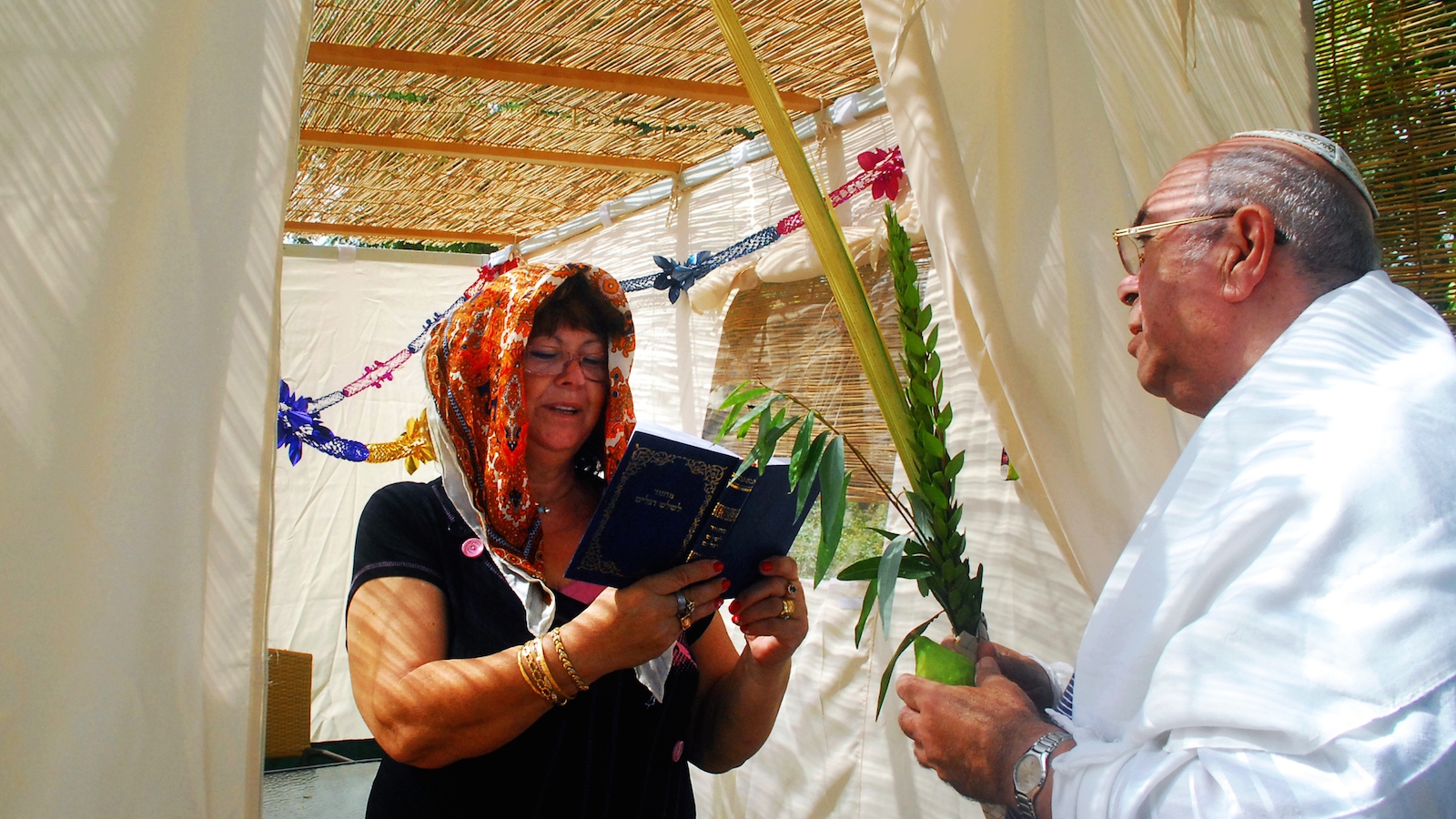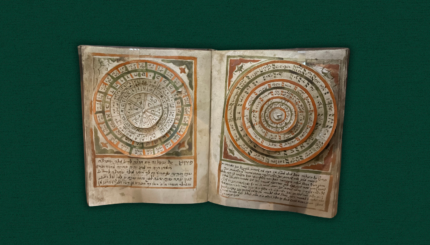The First Night Is Obligatory
It is obligatory to eat in the sukkah on the first night of the festival. (Code of Jewish Law, Orach Chayim 639:3)
Sleeping in the Sukkah
For sleeping, even for a mere nap, a sukkah is required. Such is the practice of those who are meticulous in the observance of precepts. Nowadays, however, many people are lax as regards sleeping in the sukkah, and the latter authorities, of blessed memory, have advanced some reasons in justification of this latitude. (Code of Jewish Law, Condensed Version, Chapter 135)
What Happens When It Rains
If it rains, one is exempt from staying in the sukkah. To release a person from staying in the sukkah, it must rain so hard that the food might be spoiled by the rain, or if he estimates that if it had rained that way in his room in the house he would leave it and go into another room, then he may leave the sukkah and go into the house. If the weather is so cold that the food congeals, one is exempt from staying in the sukkah,and one may eat the meals in the house. (Code of Jewish Law, Condensed Version, Chapter 135)
Sleeping in the Rain
With regard to sleep, even a slight rain causes discomfort and one is permitted to leave the sukkah because of that. If one has left the sukkah because of rain and has gone to sleep in the house, and then the rain ceased, one is not put to the trouble of going back to the sukkah,but one may sleep in the house the rest of the night. (Code of Jewish Law, Condensed Version, Chapter 135)
With your help, My Jewish Learning can provide endless opportunities for learning, connection and discovery.
Exemption for Sick Persons
A sick person and his attendants are exempt from dwelling in the sukkah. However, if the invalid is not critically ill, the attendants are exempt only when he needs them. If, however, the invalid is critically ill, they are exempt even when he does not need them so urgently. (Code of Jewish Law, Condensed Version, Chapter 135)
Exemptions After the First Night
After the first night, if the sukkah causes one distress because of its cold or windy condition, or because of a bad odor, one is exempt from dwelling in the sukkah.
Decorate the Sukkah
One should treat the sukkah with the greatest respect and endeavor to adorn it as much as possible. One’s finest table utensils should be used in the sukkah. (Code of Jewish Law, Orach Chayim 639: 1)
sukkah
Pronounced: SOO-kah (oo as in book) or sue-KAH, Origin: Hebrew, the temporary hut built during the Harvest holiday of Sukkot.



